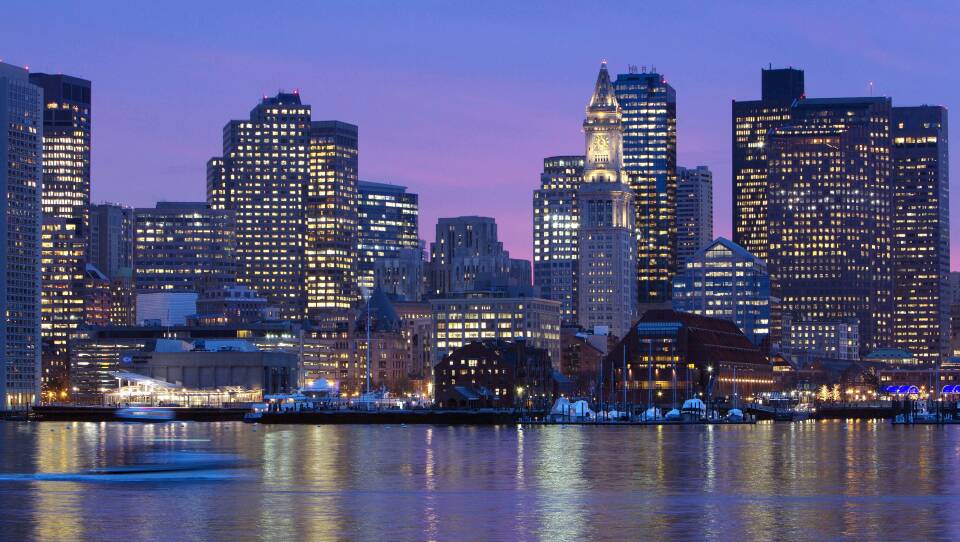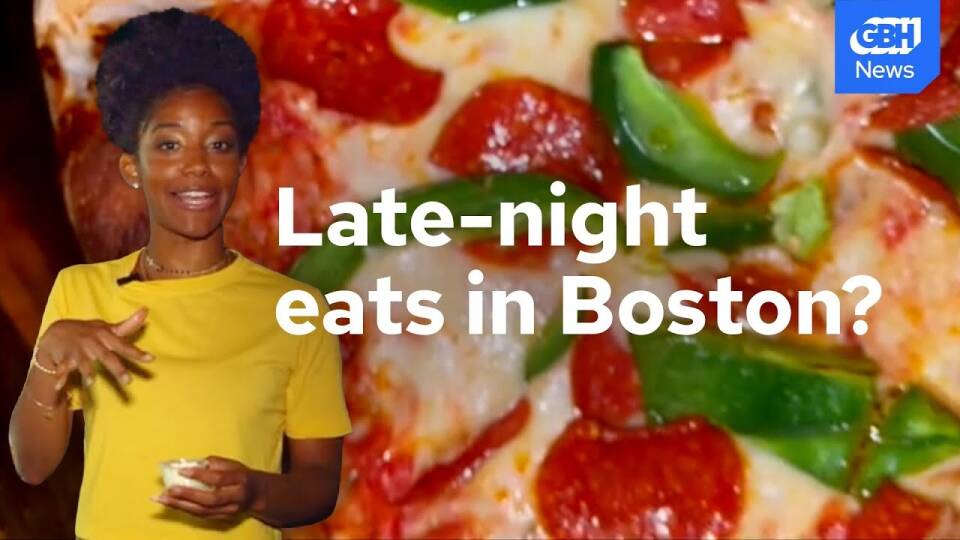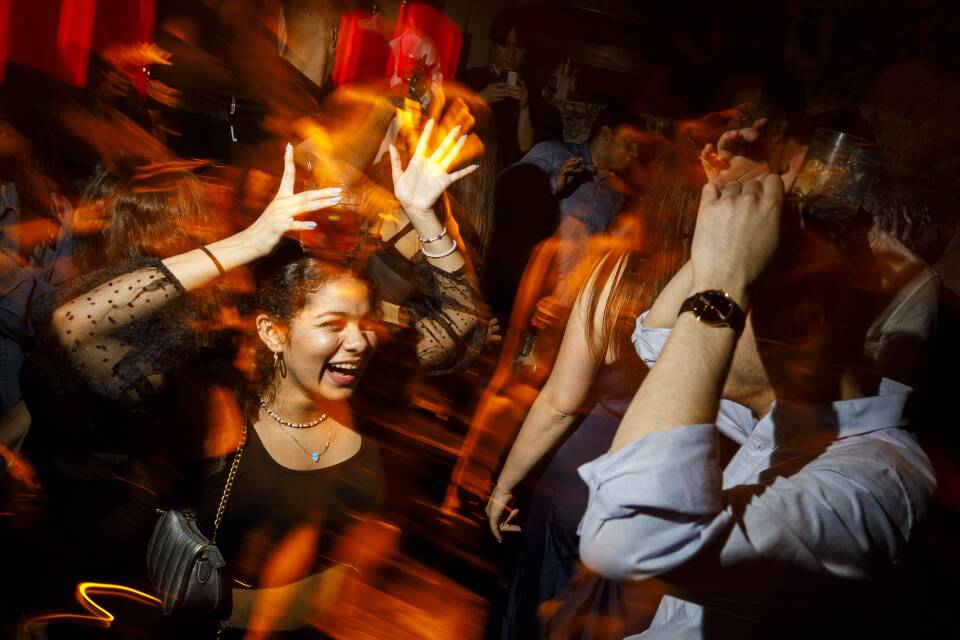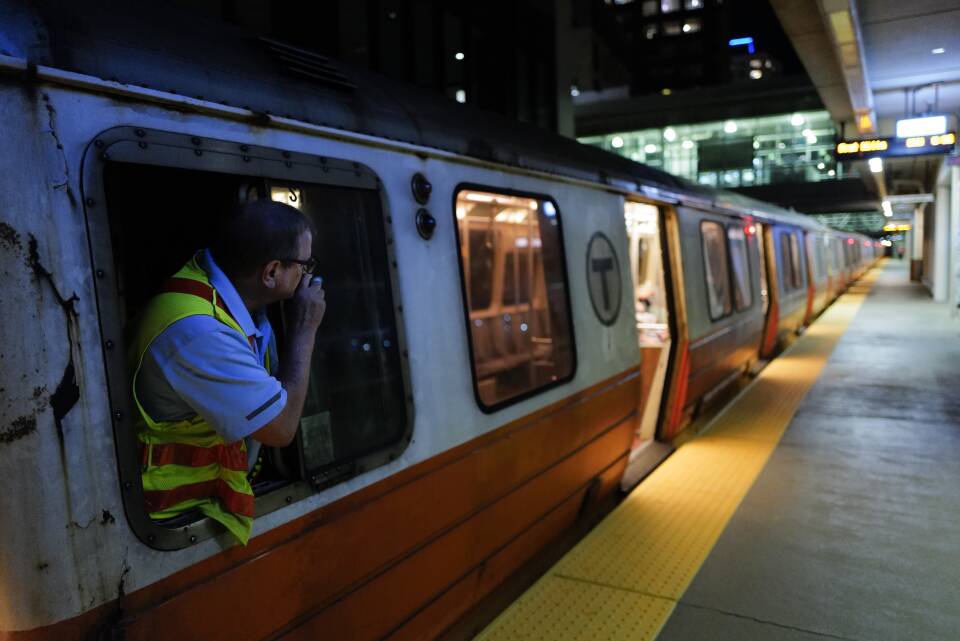Boston may soon have a proposal to designate several areas in the city as zones for open alcohol consumption like those allowed along the Las Vegas Strip or in New Orleans’ French Quarter.
The areas — known in other cities as “social districts,” “open container districts” or “sip and strolls” — are designated zones where people can purchase alcoholic drinks from restaurants and bars and consume them outdoors. Supporters say these zones provide a boost for local businesses recovering from the COVID-19 pandemic. Michigan, Minnesota and North Carolina have each experimented with of the so-called social zones.
“That is something we are actively thinking through, building out, and [we] look forward to presenting some ideas to the community,” said Corean Reynolds, Boston’s director of nightlife economy.
“I think there are neighborhoods that have naturally created that sense of vibrancy,” she said, pointing to Allston-Brighton, Fenway-Kenmore, Downtown Boston, the North End and the Seaport. “So, we have zones where you can definitely go and have a great extended night out and discover the city in new ways, but defining that a little bit more will definitely happen.”
Reynolds, who has been on the job for a year and a half, said she is working with Mayor’s Office of New Urban Mechanics to design potential open container zones to help spur Boston’s nightlife, especially as the city braces to host visitors for major events like several matches of the FIFA World Cup and commemorations to mark the 250th anniversary of U.S. independence.
Asked for further details, a city spokesperson said they are in the “early stages of researching and exploring” the potential impact of social districts “and have not determined if we will advance this concept further at this stage.”
Outdoor alcohol consumption is illegal, according to both Boston municipal code and state law. But Massachusetts lawmakers and Gov. Maura Healey have recently shown a willingness to relax alcohol-related rules. Earlier this year, Healey signed into law a measure that allows restaurants to sell cocktails to go, a small indication of shifting attitudes on liquor regulations in the name of helping businesses.
It is unclear whether Boston would attempt to pursue permanent or temporary legal changes to allow for outdoor consumption as part of its effort to pursue social districts.
“We have to think through all the state policy that is involved in it,” Reynolds told GBH News, adding that stakeholders like residents, businesses and late-night workers need to be consulted.
Aside from pursuing social districts, state regulations are a barrier to other efforts associated with improving nightlife, including late-night public transportation, an issue Reynolds said her office is advocating to address.
Reynolds said connecting the city’s government and its nightlife industries, mostly through one-on-one meetings, has defined her time on the job so far.
“It could be checking in on someone to make sure that they have their permit, directing them to our licensing board to ensure that they have support to apply for a certain license or event,” said Reynolds. “What’s surprised me is that there is so much public outcry for this particular role. … I’m surprised, in a good way, that there’s this external momentum to push the city to serve our nighttime economy in a way that [it] hasn’t been served before.”
Reynolds recently awarded $300,000 in one-time grants to 42 individuals and groups that will host nighttime activities across 13 neighborhoods. The grants are funded through federal pandemic relief money and will serve as a test to determine what nighttime activities Bostonians prefer.
“Then we can gauge if it’s successful or not,” she said. “Is it well attended or not? Is it because of marketing or not? Is it something that needs to be duplicated in other areas?”
Moving forward, Reynolds said the public should rightfully expect to see more community gatherings in the evenings and more opportunities for professional development in the nighttime workforce.








